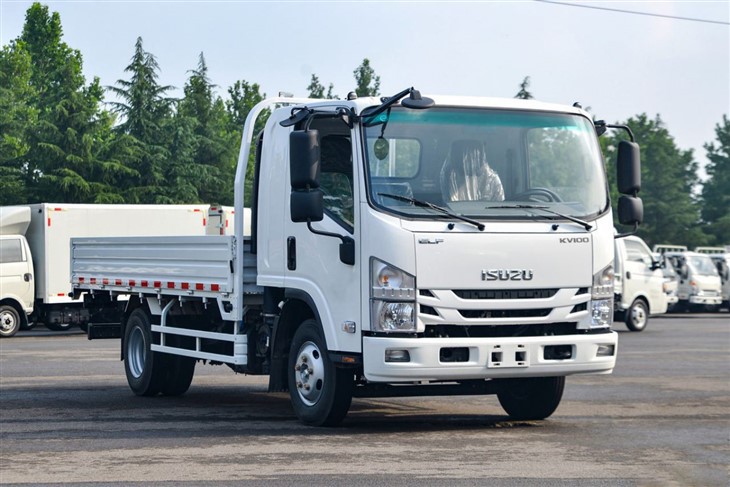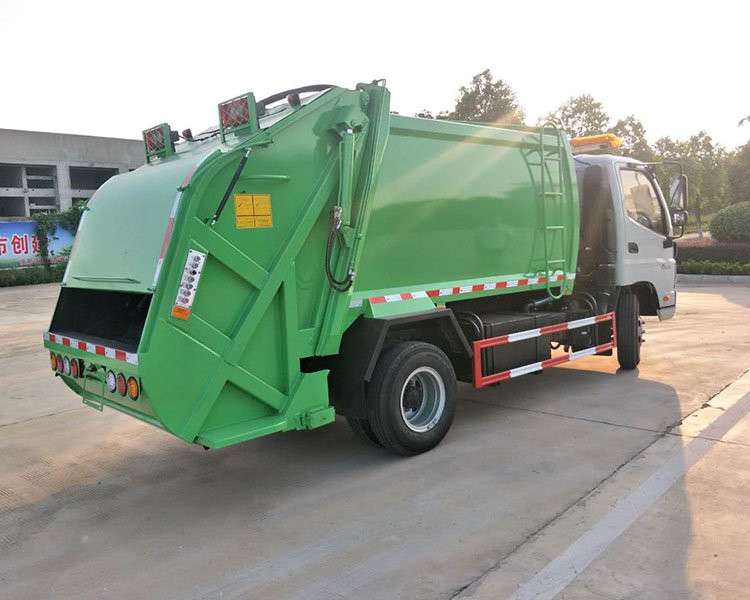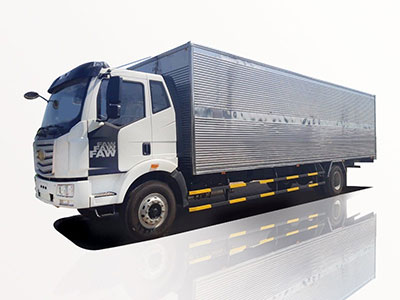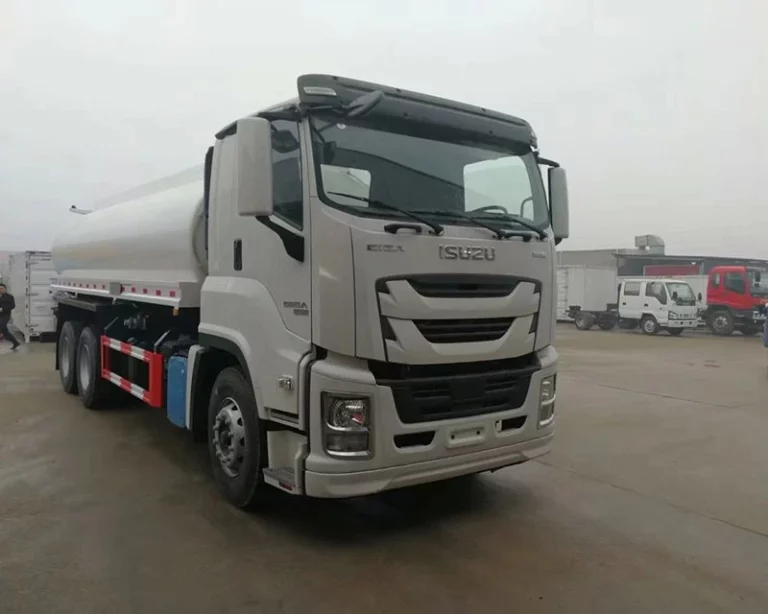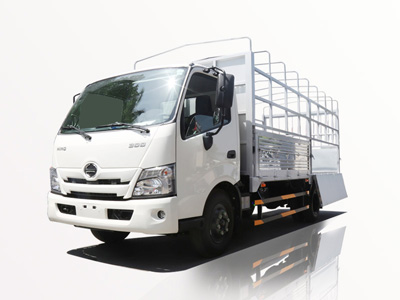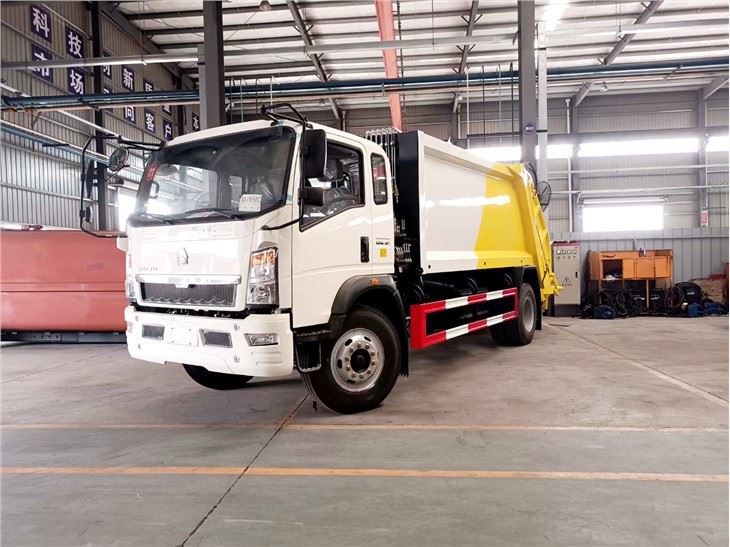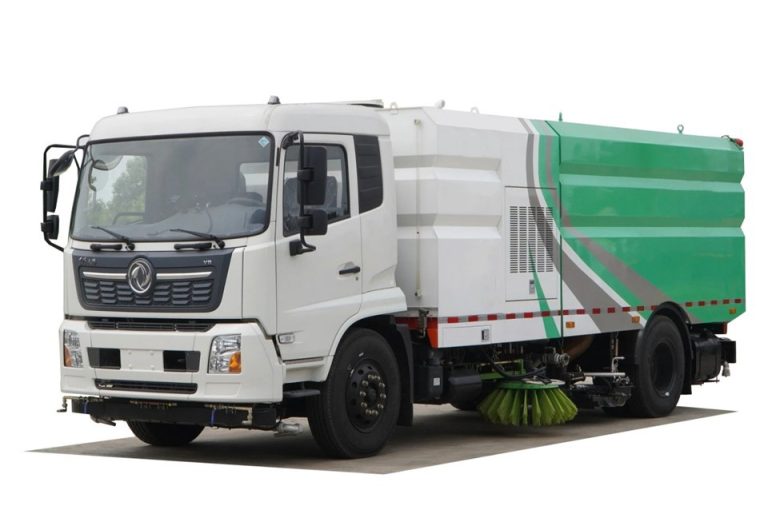Roll off truck containers are indispensable in the waste management industry and construction businesses, providing efficient solutions for debris removal and material transport. In this comprehensive article, we will explore the various facets of roll off truck containers, from their types and uses to the benefits they offer and practical tips on how to choose the right container for your needs.
What Are Roll Off Truck Containers?
Roll off truck containers, also known as roll off dumpsters, are large, open-top containers designed for transporting bulk waste and materials. These containers are typically delivered to a specific location using a specialized roll off truck, which allows the container to be easily loaded and unloaded. Roll off containers come in various sizes, making them suitable for a wide range of applications.
How Do Roll Off Truck Containers Work?
The operation of roll off truck containers is straightforward. A roll off truck, equipped with a hydraulic system, picks up and drops off the container at a designated site. When the truck arrives, the driver uses the hydraulic system to roll the container off the rear of the truck. Once the container is filled, it is rolled back onto the truck using the same hydraulic mechanism for transportation to a disposal or recycling facility.
Types of Roll Off Truck Containers
1. Standard Roll Off Containers
Standard roll off containers are the most commonly used type. They come in multiple sizes, typically ranging from 10 yards to 40 yards. These containers are ideal for construction projects, large cleanouts, and major renovations.
2. Compactor Roll Off Containers
Compactor roll off containers are equipped with a compaction unit. This feature allows for increased waste capacity by compressing the materials inside the container. They are most useful in commercial and industrial settings where waste volume is high.
3. Recycling Roll Off Containers
Designed specifically for recyclable materials, these containers facilitate the separation and transportation of recyclables such as paper, glass, metal, and plastic. They come in various sizes and help promote sustainable waste management practices.
4. Specialty Roll Off Containers
Specialty roll off containers are designed for specific materials or situations. Examples include containers for hazardous waste, electronic waste, or food waste. These containers adhere to environmental regulations and ensure safe handling of specialized materials.
Benefits of Using Roll Off Truck Containers
1. Efficiency in Waste Management
Roll off containers are highly efficient for managing large volumes of waste. Their design allows for quick loading and unloading, reducing the time spent on waste transport.
2. Versatility
With various sizes and types available, roll off containers can cater to a wide variety of applications. Whether you’re doing a home renovation or managing a large construction site, there is a roll off container suitable for your needs.
3. Cost-Effectiveness
Choosing the right roll off container can save you money in the long run. Having a designated space for waste minimizes cleanup efforts and potential landfill fees.
4. Environmental Responsibility
By using roll off containers specifically designed for recyclables, businesses and residential projects can greatly reduce their environmental footprints through proper waste segregation and recycling efforts.
How to Choose the Right Roll Off Truck Container
1. Assess Your Needs
Before renting a roll off container, evaluate the type and amount of waste you need to dispose of. Consider the weight, size, and type of materials.
2. Consider the Size
Roll off containers typically come in sizes ranging from 10 to 40 yards. Here is a simple guide to help you decide:
| Container Size | Approx. Capacity | Best For |
|---|---|---|
| 10 yards | 3-4 pickup truck loads | Small remodels, garage cleanouts |
| 20 yards | 6-8 pickup truck loads | Medium-sized renovation projects |
| 30 yards | 9-10 pickup truck loads | Major cleanouts, large construction |
| 40 yards | 12-15 pickup truck loads | Large-scale construction, commercial projects |
3. Weight Limits
Different containers have varying weight limits. Make sure you confirm the weight restrictions to avoid excess charges or penalties.
4. Rental Duration
Determine the length of time you will need the container. Most providers offer flexible rental periods, but renting for longer can sometimes reduce the average cost per day.
5. Cost Consideration
Get quotes from multiple providers. Prices can vary based on location, container size, and rental duration, so comparing options is essential for finding the best deal.
Practical Tips for Using Roll Off Truck Containers
1. Plan Your Delivery
Ensure there is adequate space for the truck and container delivery. Clear the area of any obstructions, such as vehicles or debris, to avoid delays.
2. Load Materials Wisely
Distribute the weight evenly when loading the container. This practice helps prevent damage to the container and makes it easier to transport.
3. Know What You Can’t Dispose Of
There are restrictions on certain materials that cannot be placed in roll off containers, such as hazardous waste, tires, and appliances. Always check with the rental agency for specific guidelines.
4. Keep Track of Rental Time
Monitor how long you have the container to avoid overage fees. If you need more time, communicate with your rental service provider before the due date.
Frequently Asked Questions (FAQ)
1. What can I put in a roll off truck container?
You can typically dispose of construction debris, household junk, yard waste, furniture, and non-hazardous materials. Always check with the rental company for a complete list of acceptable items.
2. How much does it cost to rent a roll off container?
The cost varies based on container size, rental duration, and location, but you can expect to pay anywhere from $200 to $800 for a standard rental.
3. How long can I keep the roll off container?
Rental periods can vary significantly but often range from 7 to 14 days. Most companies offer extensions for an additional fee.
4. Are there weight limits for roll off containers?
Yes, each roll off container has a specific weight limit that you must adhere to. Exceeding this limit can result in additional fees or penalties.
5. Can roll off containers be placed on streets?
In many cases, you can place a roll off container on the street, but it usually requires a permit from your local government. Check your local regulations for specific requirements.
6. What should I do if my container is damaged?
If you notice any damage upon delivery or during use, contact the rental company immediately to discuss potential resolutions or costs involved.
